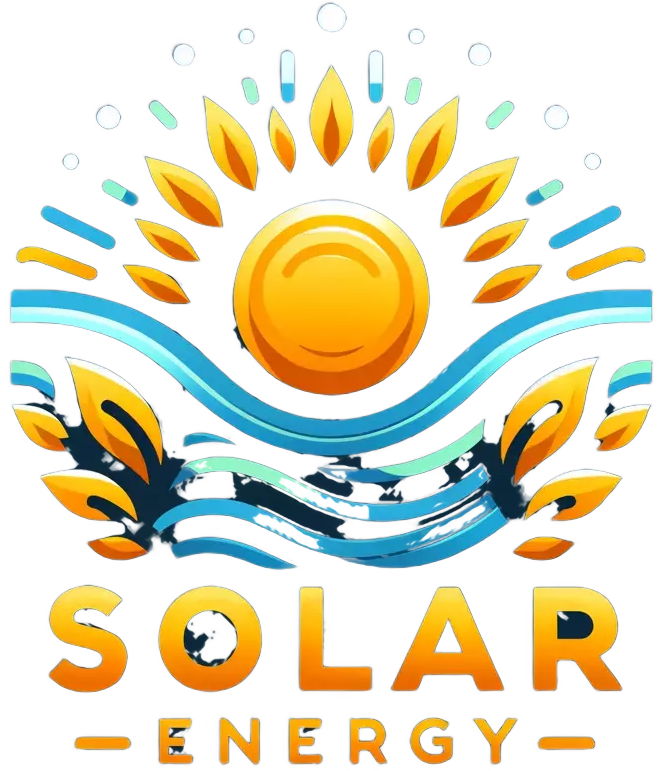As a seasoned Solar Project Manager, you’re always strategizing, looking for ways to streamline processes and ensure the success of each project. In the realm of solar project planning, the difference between a successful project and a challenging one often lies in the meticulousness of the planning phase. Let’s dive into a strategic guide that demystifies solar project planning, providing you with invaluable insights to navigate your project from inception to completion.
Laying the Groundwork for Your Solar Project
Before the first panel is ever installed, the foundation of your project’s success is laid in the planning phase. This involves several key steps:
- Feasibility Study: Assess the viability of your solar project. This includes analyzing the site, understanding local regulations, and evaluating the solar potential.
- Design Considerations: Tailor the system design to meet the specific needs of your site, considering factors such as panel orientation, shading, and system size.
- Financial Planning: Develop a detailed financial model, exploring funding options and incentives and estimating return on investment.
Navigating Regulatory and Compliance Landscapes
A critical aspect often overlooked in the excitement of a new solar project is the importance of navigating the regulatory and compliance landscape. This involves:
- Permitting: Understanding and obtaining the necessary permits can be a complex process, varying wildly by region.
- Interconnection Standards: Ensuring your project complies with local grid interconnection standards is crucial for operational success.
- Environmental Considerations: Assessing ecological impact and securing approvals, particularly for large-scale projects, is a step you must take.
Selecting the Right Technology and Partners
Choosing the right technology and partners is paramount in the solar industry, where technological advancements are constant, and the quality of artistry can vary significantly.
- Technology Selection: Stay abreast of the latest solar technologies, including panels, inverters, and battery storage options, to select the best fit for your project.
- Partnering with the Right Vendors: From manufacturers to installation contractors, carefully vetting your partners ensures that your project is in capable hands.
Project Implementation and Management
The implementation phase is where your planning is put to the test. Effective project management is critical to navigating this phase successfully:
- Project Scheduling: Develop a detailed project timeline, considering all critical milestones from procurement to commissioning.
- Risk Management: Identify potential risks early in the process and develop strategies to mitigate them, ensuring a smooth project flow.
- Quality Control: Implementing stringent quality control measures at every stage protects your investment and guarantees the longevity of the project.
Monitoring, Maintenance, and Optimization
Post-installation, the focus shifts to ensuring that your solar project continues to perform optimally over its lifespan.
- Monitoring Systems: Implement comprehensive monitoring systems to track performance and identify issues proactively.
- Maintenance Plans: Regular maintenance is crucial to sustain performance and prevent downtime.
- Performance Optimization: Continually seek ways to optimize the system, from technological upgrades to adjustments in operational strategies.
FAQs: Navigating Solar Project Planning
- What’s the first step in planning a solar project?
- The first step is conducting a feasibility study to assess the viability and potential of your solar project.
- How do I choose the right solar technology?
- Evaluate your project’s specific needs, including location, energy demands, and budget, and stay informed about the latest advancements in solar technology.
- What are some common challenges in solar project planning?
- Common challenges include navigating regulatory and permitting processes, securing financing, and managing project risks effectively.
- Can I handle solar project planning on my own?
- While it’s possible, partnering with experienced professionals can significantly enhance the efficiency, cost-effectiveness, and success rate of your project.
Solar project planning is a complex but rewarding endeavor. By understanding the strategic elements involved, from the initial feasibility study to post-installation optimization, you’re better equipped to navigate the intricacies of your project. Remember, the success of a solar project is not just measured by its completion but by its performance and impact over time.
As we conclude our journey through the strategic landscape of solar project planning, it’s clear that the key to a successful solar project lies in meticulous planning, understanding regulatory environments, selecting the right technology and partners, and effective project management. By adopting a comprehensive and strategic approach, you can ensure that your solar project not only meets but exceeds expectations, contributing to a more sustainable future.
Embracing the complexities of solar project planning with open arms and a strategic mindset opens the door to successful project outcomes. It’s an opportunity to make a tangible impact on our energy landscape, pushing us closer to a sustainable and renewable energy future. So, as you embark on your next solar project, carry forward the insights and strategies shared here, and watch as your project becomes a beacon of success in the renewable energy realm.
